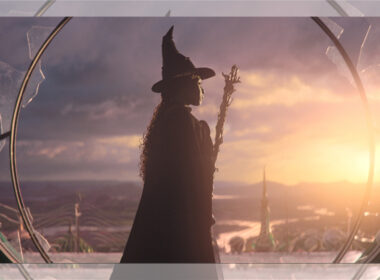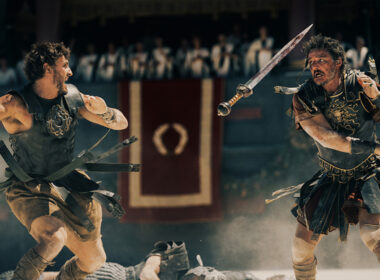We have reached the edge of common sense. Cinematic art is rendered meaningless in this desert. It used to be that the soulless Hollywood machine churned its projects with at least some respect for its creators and the audience. Not everything was great; much of it was horrendous. But it had, at least, the appearance of a once-in-a-lifetime experience. It tried to usher from us a feeling. It used to be cinema, sort of.
Deadpool & Wolverine is not a film. It is content. It is the new chapter in the never-ending and increasingly pointless Marvel Cinematic Universe. It follows a series of curiosities—first, the studio has been struggling to regain its cultural relevance since the end of Avengers in Endgame, signing off on a series of middle-of-the-road films that fell way below the expectations Disney was used to.
Second is The Mouse’s purchase of 20th Century Fox, leading the way to introduce to the giant Marvel monster all the intellectual property Fox still owned – particularly every character related to X-Men.
The X-Men films are interesting. Most are mediocre, but their foothold on pop culture is considerable. You can’t think of Wolverine without thinking of Hugh Jackman, even if you never saw any of those films, which for Disney poses the question of how to introduce a beloved character played by a new actor? The answer is: you don’t. Queue Deadpool & Wolverine, an excuse for Marvel to look introspectively at what they’ve been doing since Avengers: Endgame beat all the box-office records. It serves as a second sequel to Deadpool, Logan, and if you actually want to get a whole grasp of what is going on, check both seasons of the TV show Loki. There’s homework to be done if you want to bother. But if you don’t, here’s the gist.
After the events of the last film, Deadpool’s (Ryan Reynolds) boring but safe life is disturbed by the revelation his universe will be destroyed by the Time Variance Authority – a bureaucratic organisation that observes and oversees the universes. To save his loved ones, he sets out to find a version of Wolverine (Hugh Jackman) with so little to lose that he can convince him to join him in the fight against the TVA’s rep, Mr Paradox (Matthew Macfadden) and stop the inevitable.
For all the plot in this, the film has little of it. Most of the action unfolds with the help of constant exposition from every character Wade and Logan meet. And when there’s no exposition, it’s either a fight scene or the introduction of another cameo. And oh my, are there a lot of cameos in this. Almost every sequence includes a slow-motion epic reveal of another famous actor playing the famous character we all thought they would never play again, deliver a couple of jagged lines, and promptly disappear. Every single one of them is built up for the eventual montage of hidden cams in film theatres of fans going berserk because someone from that thing appeared on this thing. None of it holds any dramatic value or weight to its existence. It goes beyond pandering; it becomes cynical.
At least the comedy can hold the interest. After all, Deadpool is the anarchic voice in Marvel – irreverent, foul, and the exact opposite of clean-cut Disney. His shtick is that he’s aware he’s a character in a comic book and constantly breaks the fourth wall to comment on something to the audience. It is a frame that can be very funny and introspective like self-awareness is supposed to be, but here, director Shawn Levy and his writers repeatedly use the same joke. Unlike the first two films, it’s not charming and unhinged. It’s all too safe and constructed, jokes approved by a committee after a report from test audiences.
So what about the action? It’s fine, sure. But a film must aim higher than a couple of fun, blood-pumping action bits. It needs to be more than recognising a made-up person from another movie from 20 years ago. It needs to justify its whole existence beyond tired meta jokes. Every single action scene is set to a pop song because I think the film considers it kitsch to have some good ultra violence played out to Madonna’s Like a Virgin, or an old lady cursing and talking about cocaine. It’s not a sin to pander to the lowest common denominator, but it remains cynical.
Verdict: 1.5 out of 5
Half an extra point for some good action scenes and the presence of Rob Delaney, but in the end, this is as useless as sequels can be. A long meta joke that does nothing but remind us that if the superhero genre is to survive, it needs to have heart and guts again – not suits and marketing executives.




